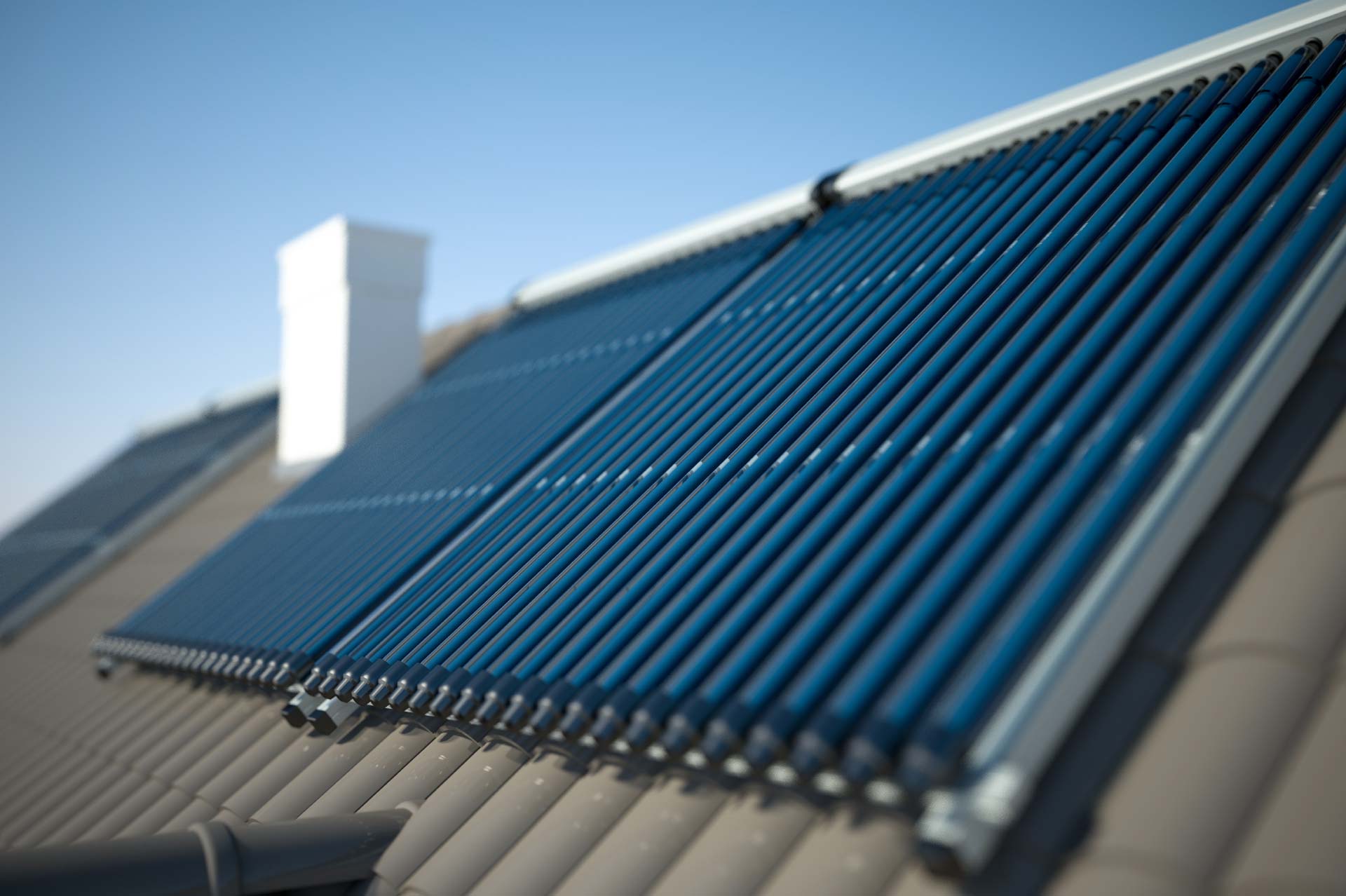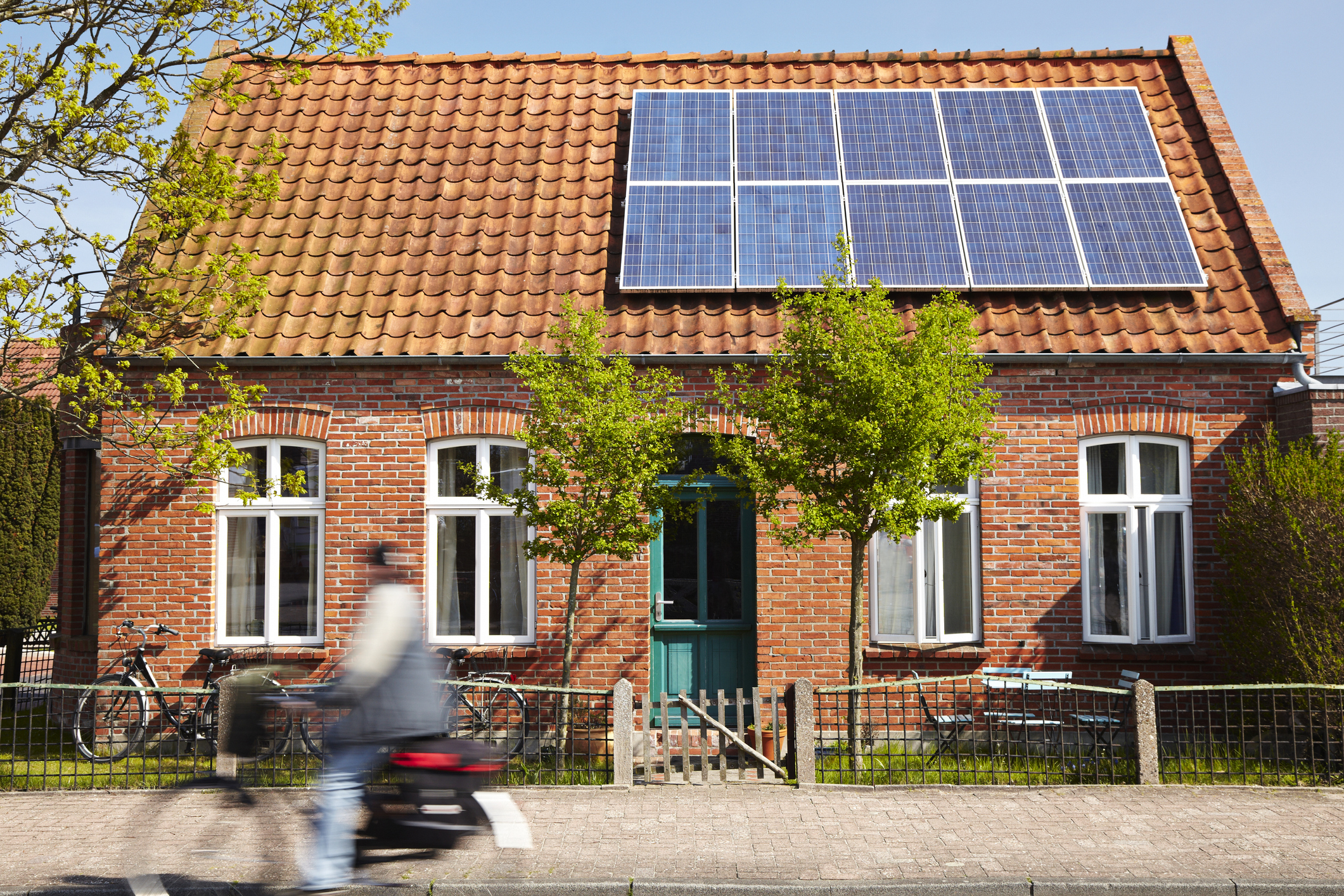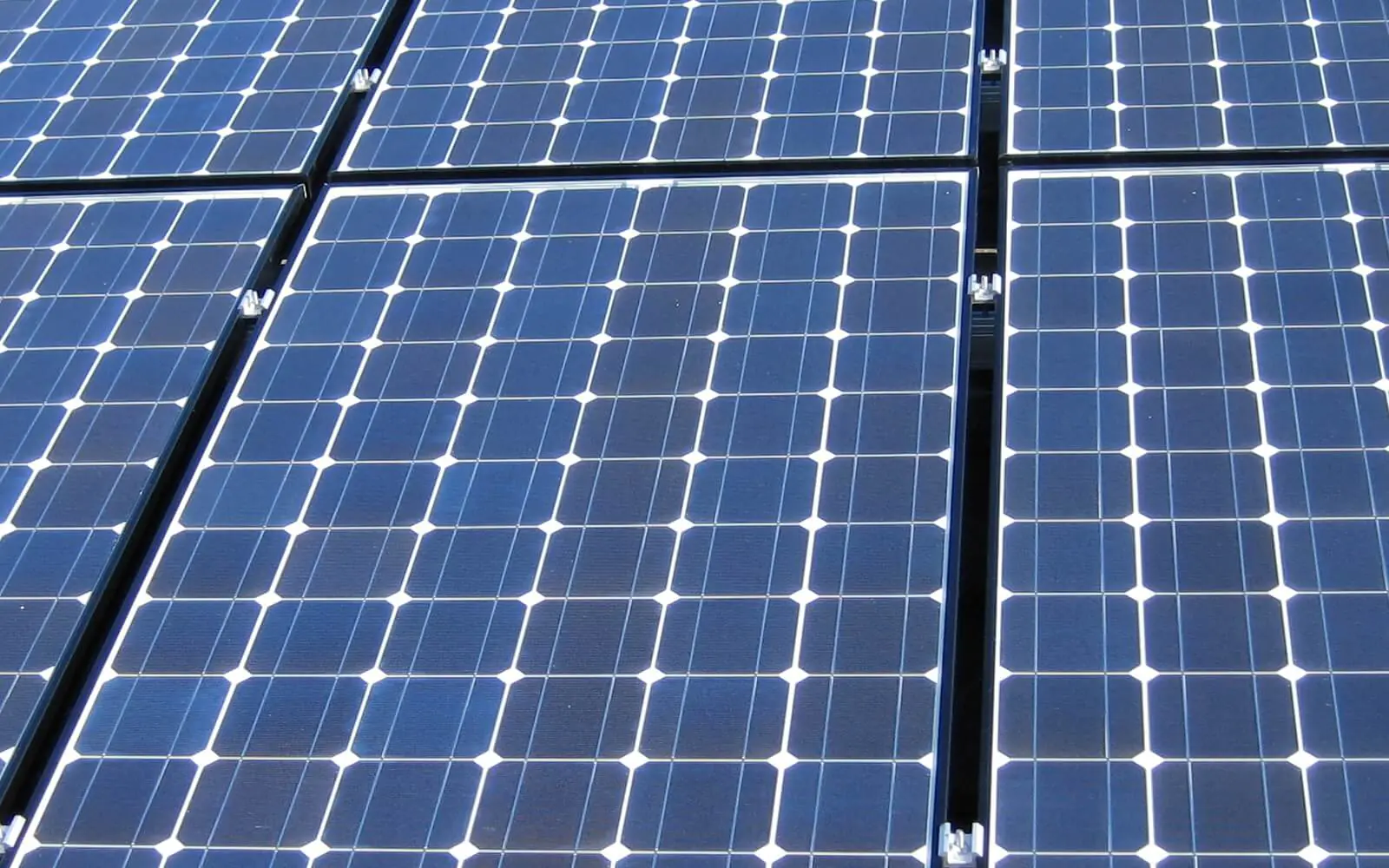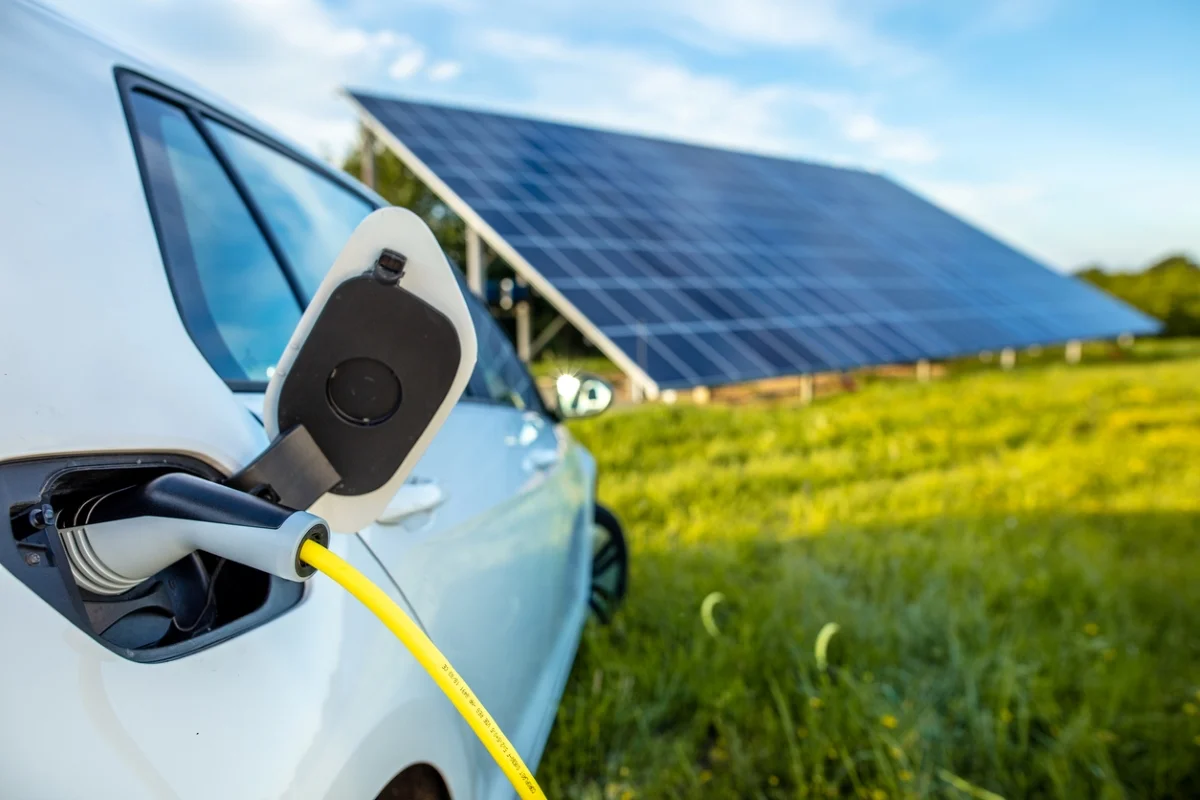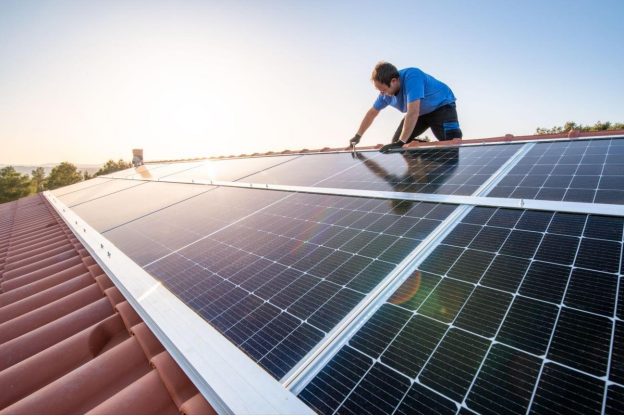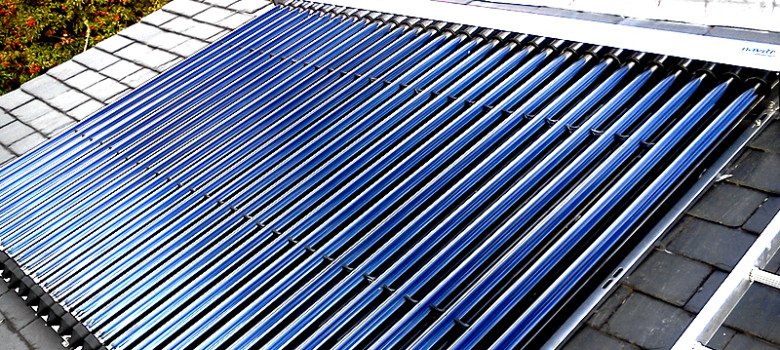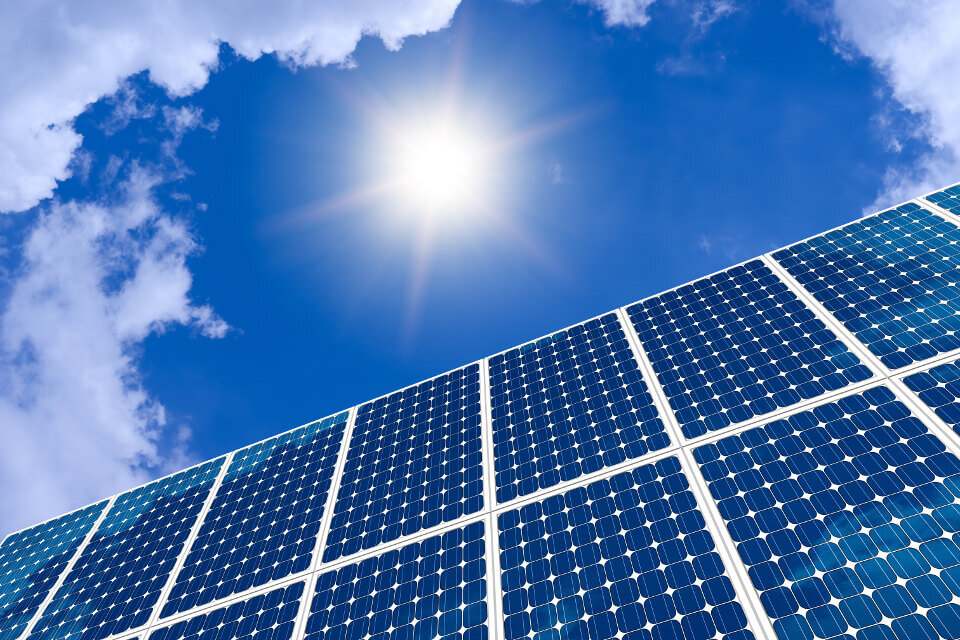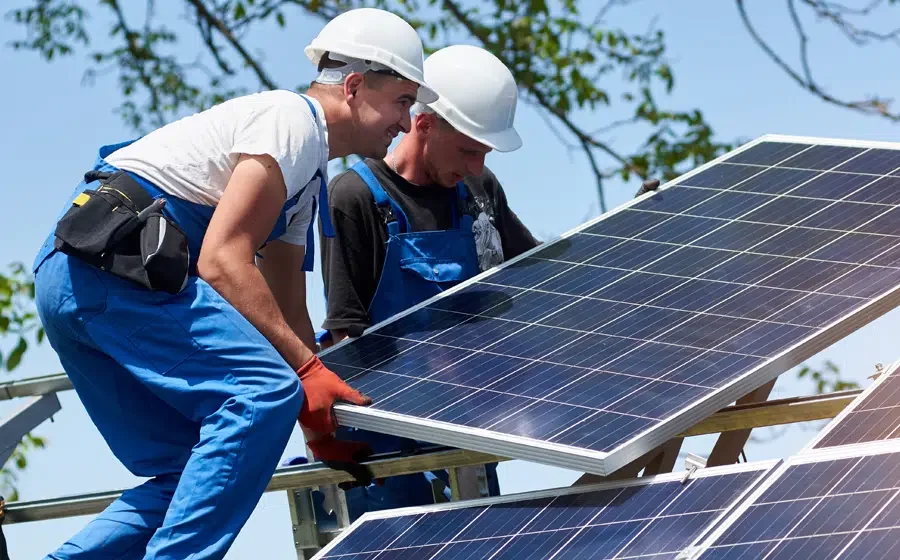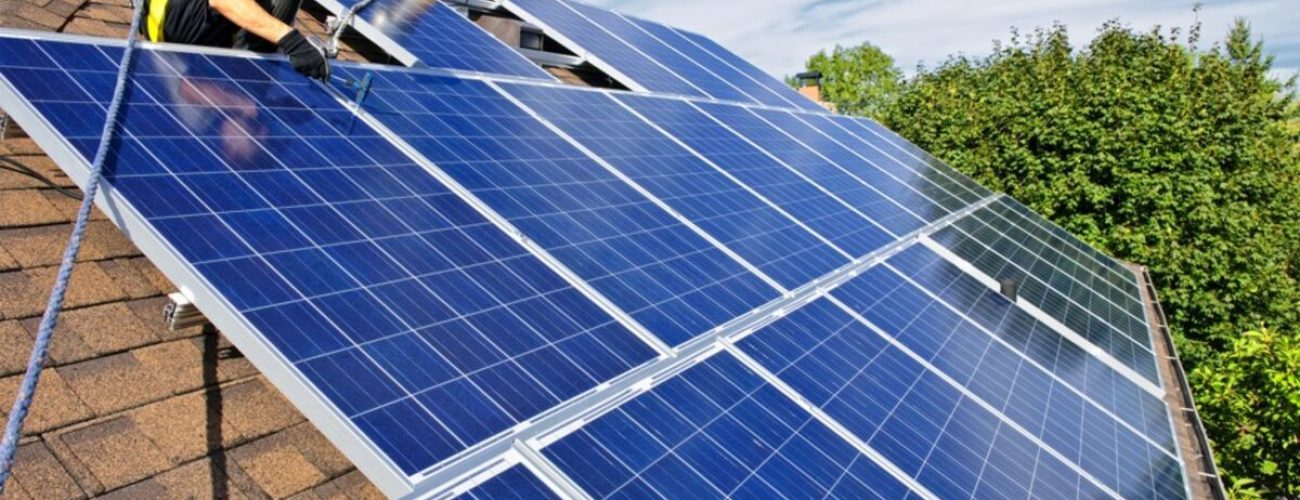
What's on this page?
What is the cost of a solar thermal hot water system?
The expense of solar thermal systems can vary, typically ranging from £3,000 to £8,000. This cost, inclusive of a reduced VAT rate of 5%, covers installation and all components like solar collectors, control panel, pipes, and a hot water tank. The overall system price depends on the chosen type and quality of panels.
As per the Solar Trade Association, a well-insulated twin coil cylinder system is approximately £4,500. Alternatively, there are DIY solar thermal kits available with necessary hardware, generally priced between £1,500 and £2,500. While government incentives may require installation by an MCS accredited installer, currently, no financial incentives are available in the UK, though this may change.
Factors to consider for potential savings with Solar Thermal:
- Plumbing costs may increase for buildings with complex water systems.
- Installation costs could rise significantly if scaffolding is required.
- Additional expenses may arise due to integration with existing systems.
- The system size, determined by hot water demand, typically follows the guideline of 1m² per person in the building. Solar thermal collectors are usually 2-3m², so an average 3-4 bedroom house may require 2 collectors.
Given an average daily hot water usage of 50 liters per person, a standard 4-bedroom house would need a 200-liter tank. The choice of collector impacts the overall initial cost, with evacuated tube systems being slightly pricier but more efficient than flat panel systems.
Potential savings when using Solar Thermal
1. Initial system cost, contingent on size, parts quality, and installation.
2. The energy source being replaced (coal, gas, electricity, LPG, oil, etc.).
3. Property suitability for solar panels, considering a typical output of 1000-2500kWh in the UK.
4. The property’s energy efficiency.
5. Geographical location and solar resource.
6. Available financing incentives.
7. Cost of the fuel used for the backup water heating system, if applicable.
8. Energy needs, as solar thermal systems may not fulfill all hot water requirements.
While these factors need consideration for an accurate calculation of potential savings with solar thermal systems, it is possible to provide a rough estimate of the expected savings.
Energy source being replaced
Approx annual energy bill saving*
* These potential savings are given only as a guide. You should always ask prospective installation companies to give you a quote for the expected performance of solar thermal systems. MCS-accredited companies should do this for you.
A typical residential solar thermal setup in the UK generally yields between 1000kWh to 2500kWh, depending on various factors. Consequently, homeowners embracing solar thermal technology can expect to recoup their initial investment within 10-15 years.
While the anticipated savings on energy bills may seem modest, it’s crucial to recognize the substantial protection against escalating energy costs that solar thermal systems can offer.
It’s important to note that a solar thermal system won’t completely replace your existing water heating system and won’t contribute to space heating. The actual percentage of your water heating demand covered by solar thermal depends on your energy consumption habits, usually ranging between 40% and 60%. Solar thermal systems are most effective in the summer, relying more on non-renewable energy sources during winter. If incorporating a solar thermal system into a new build or refinancing project, payments on the borrowed funds may be significantly lower.
Cost factors to consider
In recent years, there has been a noticeable upswing in interest in renewable energy technologies, spurred by the global pursuit of more sustainable and environmentally friendly alternatives to traditional energy sources. Among these, solar thermal systems, commonly known as solar water heating systems, have emerged as a promising solution to reduce carbon emissions and address climate change. In the United Kingdom, the adoption of solar thermal systems has seen a steady increase, driven by government incentives and a growing public awareness of the need for clean energy. This article explores the costs associated with solar thermal systems in the UK, examining various factors that influence their pricing and the enduring benefits they offer.
Initial Investment Costs:
The costs associated with installing a solar thermal system in the UK can vary significantly, depending on factors such as system size, complexity, and location. Typically, the initial investment for a residential solar thermal system ranges from £3,000 to £6,000. This cost generally includes components such as solar collectors, a hot water storage tank, pumps, controllers, and the expenses related to installation. For commercial or larger-scale installations, the costs may be higher, but they also offer greater potential for energy bill savings.
Operational and Maintenance Costs:
Solar thermal systems present a significant advantage with their relatively low operational and maintenance costs compared to traditional heating systems. Once installed, these systems require minimal upkeep, typically involving regular inspections and occasional servicing. The absence of fuel costs contributes to long-term savings, making solar thermal systems an attractive option for those seeking cost-effective and sustainable heating solutions.
Energy Savings and ROI:
The primary attraction of solar thermal systems lies in their ability to capture free and renewable energy from the sun. Utilizing solar energy for water heating allows homeowners and businesses to significantly reduce dependence on fossil fuels, resulting in lower energy costs and diminished carbon footprints. The magnitude of energy savings and return on investment depends on factors such as local solar irradiance, hot water demand, and the efficiency of the system.
Payback Period:
The payback period for solar thermal systems can vary significantly based on factors like installation costs, energy savings, and government incentives. Generally, a well-designed and adequately sized system can achieve a return on investment in around 5 to 10 years. After this period, the system generates almost free hot water, resulting in substantial savings over its extended lifespan.
Environmental Benefits:
Alongside economic advantages, solar thermal systems offer significant environmental benefits. By reducing reliance on fossil fuels, these systems contribute to combating air pollution and greenhouse gas emissions. The UK’s commitment to meeting renewable energy targets underscores the importance of incorporating solar thermal systems into the country’s array of clean energy sources.
Conclusion:
As the UK progresses towards a more sustainable future, solar thermal systems play a crucial role in harnessing renewable energy and alleviating carbon emissions. While the initial cost of investment may pose a consideration for some, government incentives, long-term energy savings, and environmental benefits collectively position solar thermal systems as an attractive and viable option. Choosing to invest in solar thermal technology allows individuals and businesses to not only lower their energy costs but also actively contribute to building a greener and more sustainable planet.
Get FREE Solar Quotes
Find out how much a solar solution would cost you
Complete A Short Form – Receive Free Quotes – Compare & Save
Get FREE Solar Quotes
Find out how much a solar solution would cost you
Complete A Short Form – Receive Free Quotes – Compare & Save


